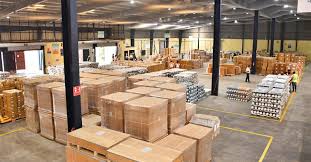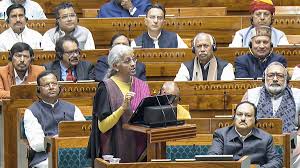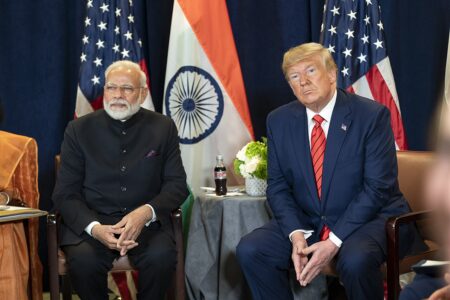Prateek Singhal, Managing Director, Amplus Logistics, emphasises the evolving landscape. Challenges like diverse needs and compliance are prominent. Singhal highlights technology’s role in tracking and temperature control, stressing the importance of reliable partnerships.

The vast geographical expanse of India and diverse consumer needs further complicate supply chain management
Prateek Singhal highlights the profound evolution in India’s pharma logistics landscape over the past decade. He attributes this transformation to technological advancements, stringent regulations, and heightened demand for streamlined supply chains. Singhal emphasises the adoption of digital solutions for enhanced tracking, temperature-controlled storage, and efficient distribution networks, marking a paradigm shift in the industry’s approach towards meeting evolving consumer needs while ensuring regulatory compliance.
Obstacles
Pharma companies grapple with myriad challenges in supply chain management, ranging from ensuring product safety and quality to navigating complex distribution networks. Compliance with regulatory standards, combating counterfeit drugs, and managing temperature-sensitive products pose significant hurdles. The vast geographical expanse of India and diverse consumer needs exacerbate these complexities, underscoring the multifaceted nature of supply chain management in the pharmaceutical sector.
Safeguarding
Pharma companies implement diverse strategies to uphold product integrity and safety throughout transportation and storage. These strategies involve utilising temperature-controlled containers, deploying real-time monitoring systems for shipment tracking, conducting routine quality checks, employing trained personnel, and partnering with logistics firms adhering to Good Distribution Practices (GDP). Such measures ensure stringent adherence to quality standards and safety protocols, safeguarding pharmaceutical products across the supply chain journey.
Tech advancements
Technology is pivotal in enhancing pharma logistics, particularly in tracking and temperature control. Real-time tracking ensures visibility and traceability across the supply chain, while advanced temperature monitoring systems maintain optimal conditions for sensitive medications during transportation and storage. These technological advancements significantly contribute to the integrity and efficiency of pharmaceutical logistics operations.
Compliance
Pharma logistics are heavily influenced by regulatory requirements to maintain product safety and efficacy. Adhering to guidelines on labelling, storage, and transportation is crucial. Compliance with standards like Good Distribution Practices (GDP) and Good Manufacturing Practices (GMP) is essential. To meet these regulations, companies establish robust quality management systems, conduct frequent audits, and train their personnel accordingly. This ensures adherence to regulatory standards and maintains the integrity of pharmaceutical logistics operations.
Strategic collaboration
Effective selection of logistics partners for pharmaceutical transportation and distribution hinges on critical factors. These encompass adherence to regulatory standards, adeptness in pharmaceutical handling, robust security protocols, stringent temperature control capabilities, and a track record of reliability. The dynamic landscape of pharma logistics in India emphasises the pivotal roles of technology integration and regulatory compliance. By surmounting challenges and forging alliances with dependable logistics entities, pharmaceutical firms can guarantee the preservation, safety, and punctual delivery of their products, thereby fostering improved patient well-being. Such strategic collaborations not only address logistical complexities but also align with broader industry objectives of quality assurance and healthcare enhancement. Ultimately, the success of these partnerships underscores the symbiotic relationship between logistics proficiency and pharmaceutical efficacy within the supply chain.











